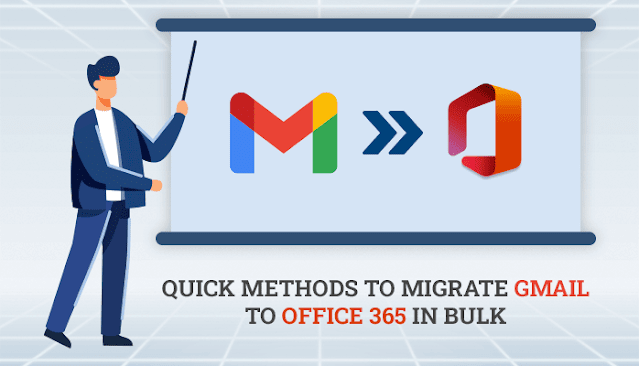The Importance of Client Reporting Dashboard for Effective Theatre Management
The Importance of Client Reporting Dashboard for Effective Theatre Management
Theatre Management includes excessive tasks and responsibilities to be done with proper management. It includes administrative, marketing, production, client management, and critical financial operations and demands extensive vigilance. Client management is one of these important tasks that require a great amount of management.
As a theater manager, you contact thousands of clients, including many performing arts artists, events and concert creators, cultural organizations, live shows producers, professional pianists, and musicians. To manage all these clients is not an easy job. Therefore, a client reporting dashboard is out there for your help. It can provide a centralized view of client information, contact details, and notes.
It will be your one-stop solution for all your clients' information. With its straightforward client management tool, you will get all the key characteristics of a premium client dashboard. As a result, you can effortlessly handle the data of various clients on a single consolidated platform. Not only this, but there are also filtering and sorting options that can assist you in going through the unique client details in minimal time.
What is Client Reporting
In the business world, a client report is a phrase used to refer to sending important information to clients daily. This information is typically sent in the form of an automated e-mail, a sharable link, or embedding options, which ensures that clients receive up-to-date and reliable information. A modern reporting software can support a proper client reporting method that represents all the relevant information on a single screen without manually extracting or evaluating data, regardless of possible business scenarios. The value of client reports and dashboards will be explained in greater detail later so that small businesses and large corporations may also understand their significance.
What is a Client Reporting Dashboard?
It is a modern management tool that agencies use to visualize data interactively and automate various data sources to create dynamic reporting processes and increase productivity. Agencies, resellers, and customers use it to visualize data interactively and automate processes from various data sources.
To maintain your clients' brand requirements, automate as much of their data as possible, and at the same time deliver in-depth information about their business in a visually appealing manner that is personalized based on their parameters, you must first understand their business. For example, providers or agencies require dashboard software that supports white-label options. This way, it allows them to show their dashboard as their own, with no indication to the client that a third party is involved.
Some of the benefits of a client reporting dashboard are:
Customers benefit from real-time updates provided by client dashboards, making for a more easy and transparent reporting experience.
It can save your team valuable time and effort by automating some data collection processes involved with reporting (no more copying and pasting values every week).
Client expectations and input are considered when creating dashboards, which allows for complete customization to give the most relevant data to your clients at any time.
Everyone dislikes having to sift through a large amount of data to get the most important statistics. Dashboards aid in the presentation of results in a plain and easy-to-digest manner.
Why are Professional Client Dashboards and Reports So Important?
If you are a manager of a performing arts center, there is a big possibility that you have battled with infinite client data management procedures and data presentation that might make or break your performing arts business. Each artistic client is different, but they must have one thing in general: they demand the most valuable usage of their time and sources. A well-developed client reporting system would make you succeeded, but the significance lays within these bonus points:
Client reporting dashboard keeps each party informed: Regular interaction with customers is critical for improving client connections and teamwork. By scheduling regular discussions or reports on outcomes or necessary adjustments, clients will better comprehend the data. When precise metrics are tracked, both parties know the goals to accomplish and the impact on the business in the short and long term. By conveying the appropriate set of KPIs and ensuring that each stakeholder understands the reporting, accountability can be guided in the proper direction, eventually saving valuable time. This brings us to our next critical point.
It can save several working hours and resources:
When communication is automated, time and resources may be readily saved and redirected to other critical parts, such as conversations and recommendations for the future. Utilizing client dashboard software to centralize all business touchpoints is undoubtedly a prudent technique for saving numerous hours and effort. We've already covered automation, but it merits a distinct mention because it can serve as a backbone for managing several accounts and clients while allowing the person in charge of the data to focus on what's shown on the screen and minimize redundant work.
Improves your customers' understanding:
If you utilize a client reporting dashboard, you can take things to the next level, providing clients with the data they need to make informed decisions about their campaigns.


